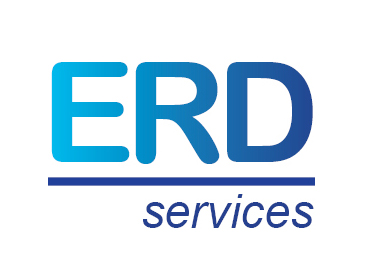What An Economic Recession Means to the ER&D Industry
The Fed Signals the US Economy Is In Danger
The US Federal Reserve yesterday lowered “the target range for the federal funds” by 50 bps to 1%-1.25%. Although the “fundamentals of the US economy remain strong,” “the coronavirus poses evolving risks to economic activity,” communicated the Fed.
Stock Markets reacted negatively: both NASDAQ Composite and Dow Jones Industrial Average were down 3% on the fear Covid-19 is here to stay and will damage the US economy.
The Covid-19 pandemic comes at a fragile time. Despite the recent crash, the US Stock Markets still are high: the NASDAQ is up by 280% in the past ten years, while the Dow Jones is up by 150%.
The Rest of the Western World Will Follow
Whatever happens in the US, e.g., a continued slide in Stock Markets, an economic recession, will spread to Europe and Japan. Japan has been suffering from low GDP growth. The future of the UK looks uncertain in the mid-term with Brexit. The EU is a mixed bag, with Germany being cyclical and France resilient but low-growth.
Price Pressure. More Offshoring. M&As on Pause Initially
We anticipate the following impact:
- Clients will reduce their number of suppliers, and award larger contracts to reduce prices
- They will also consider offshoring their engineering activities. The first offshoring contracts will require one to two years to materialize
- ER&D vendors will adjust by restructuring their workforce and accelerate the shift to digital and offshore. Their EBIT margins will be impacted by restructuring
- Several ER&D vendors will be financially affected by the supplier reduction and will need to sell their assets
- M&A activity will, in the short-term, be on pause, as buyers will require more visibility before making an acquisition
- Sellers will take time before adjusting the valuation multiples to the new market conditions. This adjustment will take one to two years
- With interest rates closer and closer to zero, ER&D vendors will renegotiate their financial debt and lower their interest expenses
- Cash will remain abundant and smart ER&D vendors, and PE will wait until the recession is half-way through to acquire.
